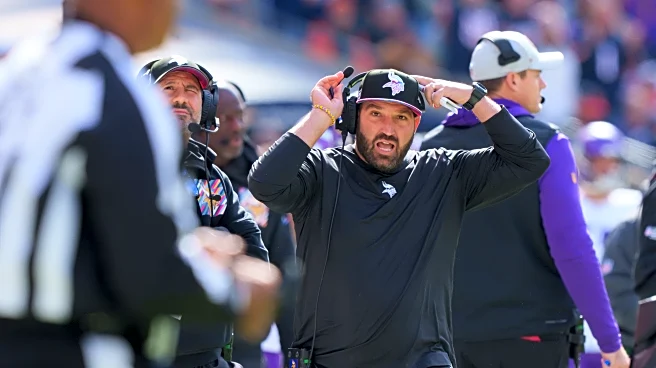What's Happening?
The release of Hollow Knight: Silksong has reignited the debate over the use of boss runbacks in video games. These mechanics, which require players to traverse a path back to a boss after defeat, are divisive among gamers. Some argue they provide a necessary challenge and opportunity for reflection, while others see them as outdated and frustrating. The discussion reflects broader trends in game design, where developers balance difficulty with player satisfaction. Silksong's approach has sparked conversations about the evolution of gaming mechanics and player expectations.
Why It's Important?
The debate over boss runbacks highlights the evolving landscape of video game design and player engagement. As the gaming industry grows, developers face the challenge of catering to diverse player preferences, balancing difficulty with accessibility. The discussion around Silksong's mechanics reflects broader industry trends, where player feedback and community engagement play crucial roles in shaping game development. This debate may influence future game designs, encouraging developers to innovate and adapt to changing player expectations, ultimately impacting the industry's direction.
Beyond the Headlines
The conversation around boss runbacks also touches on the cultural and psychological aspects of gaming. These mechanics can influence player behavior, encouraging perseverance and strategic thinking. However, they can also lead to frustration and disengagement if perceived as unfair. Understanding these dynamics is essential for developers aiming to create immersive and rewarding gaming experiences. The debate also reflects broader societal trends, where digital entertainment increasingly shapes cultural narratives and individual identities.











